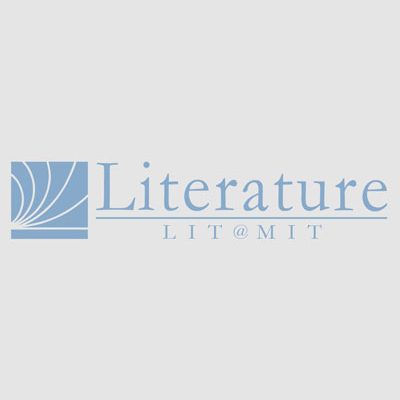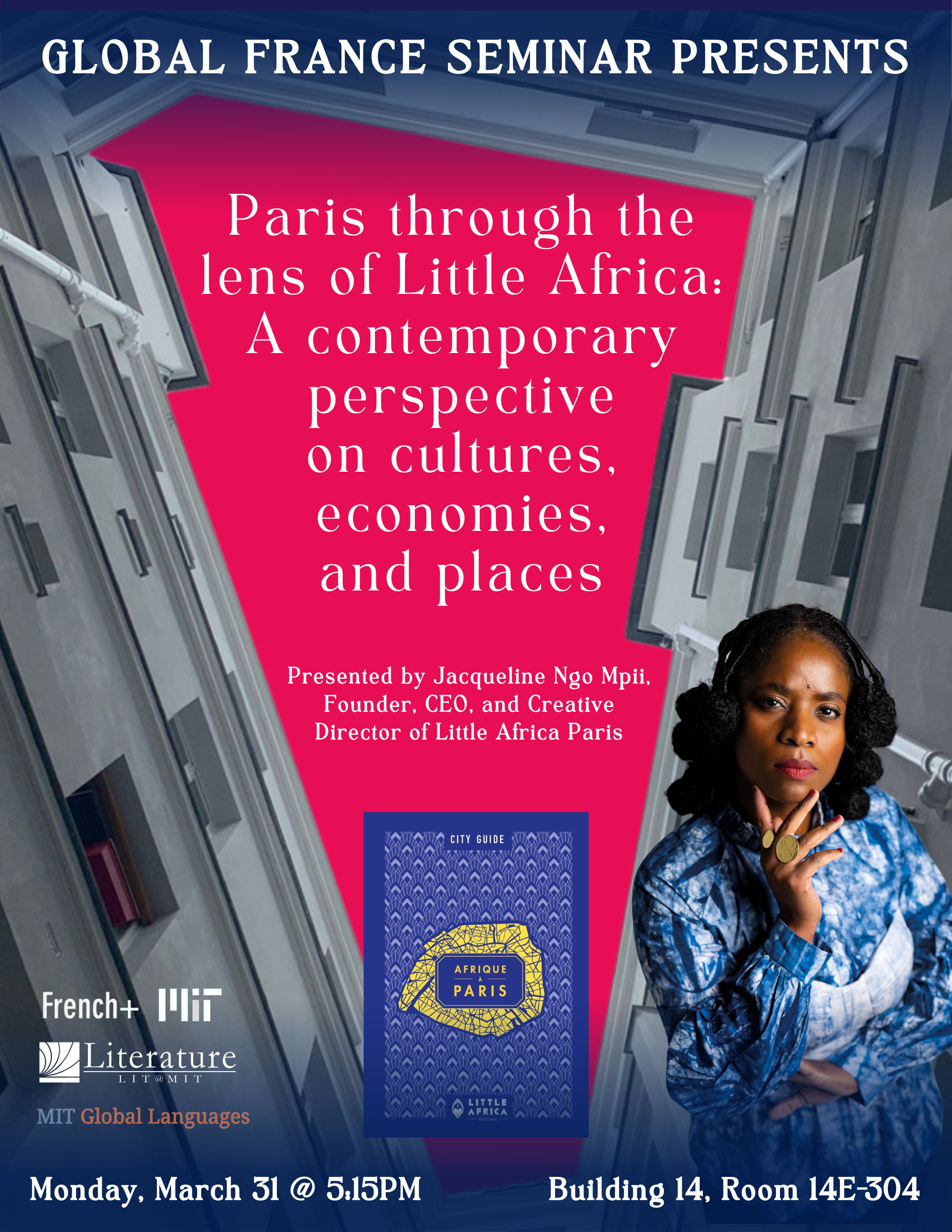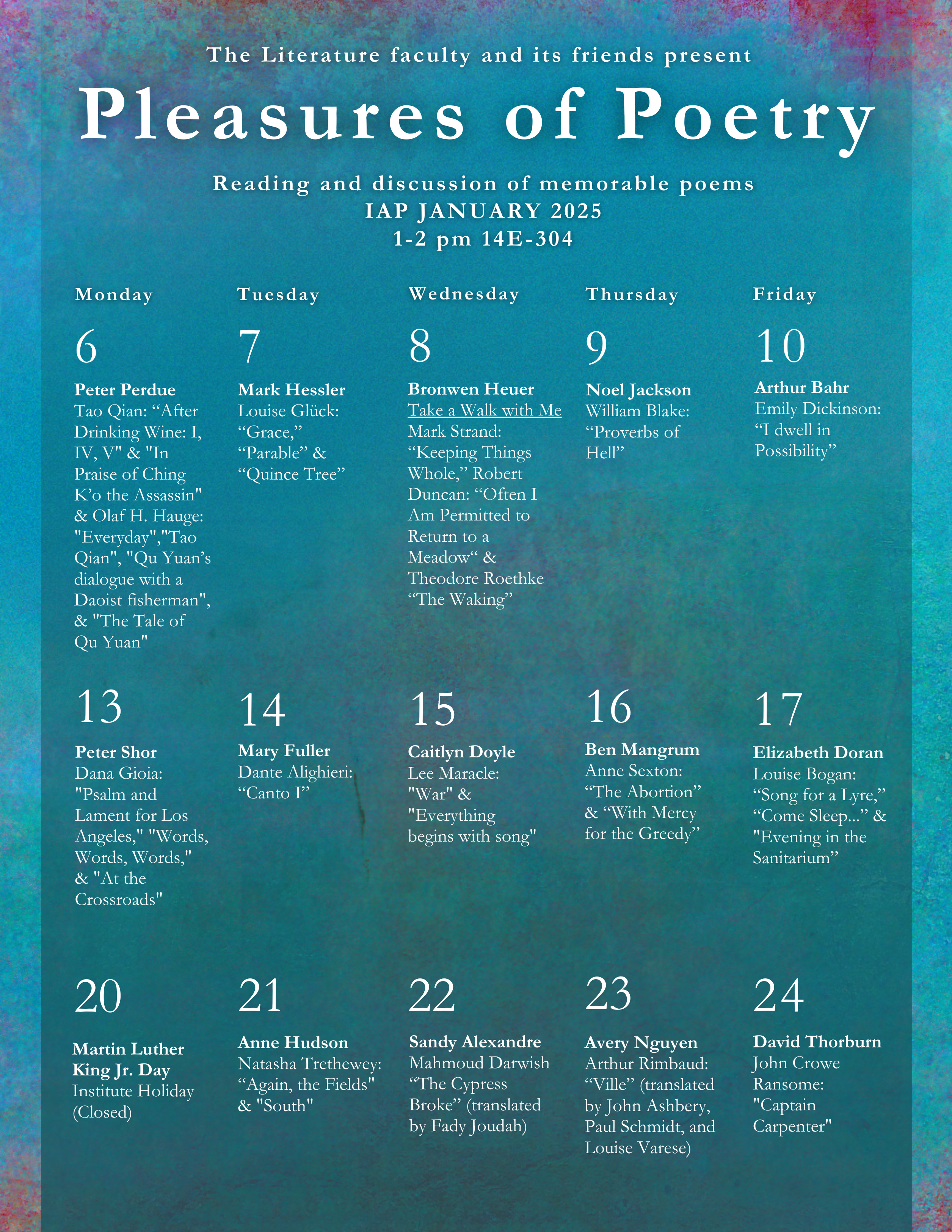HumaniTea
14E-304 160 MEMORIAL DR, CAMBRIDGE, MA, United StatesStop by for snacks and tea with the SHASS community, students, and instructors! HumaniTea is a program partnering with other units in SHASS to gather, share some food and thought, and enrich our shared MIT experience in the process. Once a month, SHASS community members, instructors, and students from diverse fields of studies, backgrounds, and interests can stop in and enjoy a cup of tea or snack. Monday, February 24 Monday, March 17 Monday, April 7 Monday, May 5 @ 4:15 - 5:45PM Building 14E-304* *Directions: Third floor of Building 14 from the Lewis Music Library stairs, through the CMS/W doors. Alternatively, take the elevator to the 3rd floor and navigate to the opposite end of the hallway, through third floor and CMS/W doors! Sign up for HumaniTea info: bit.ly/mithumanitea






